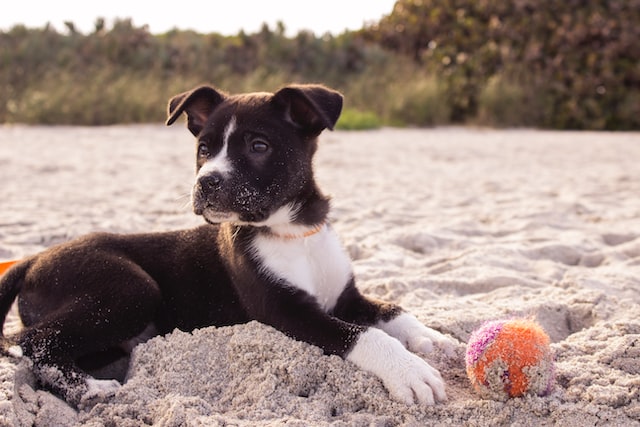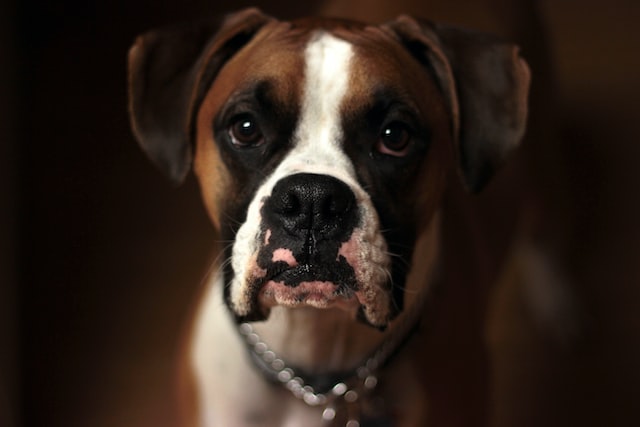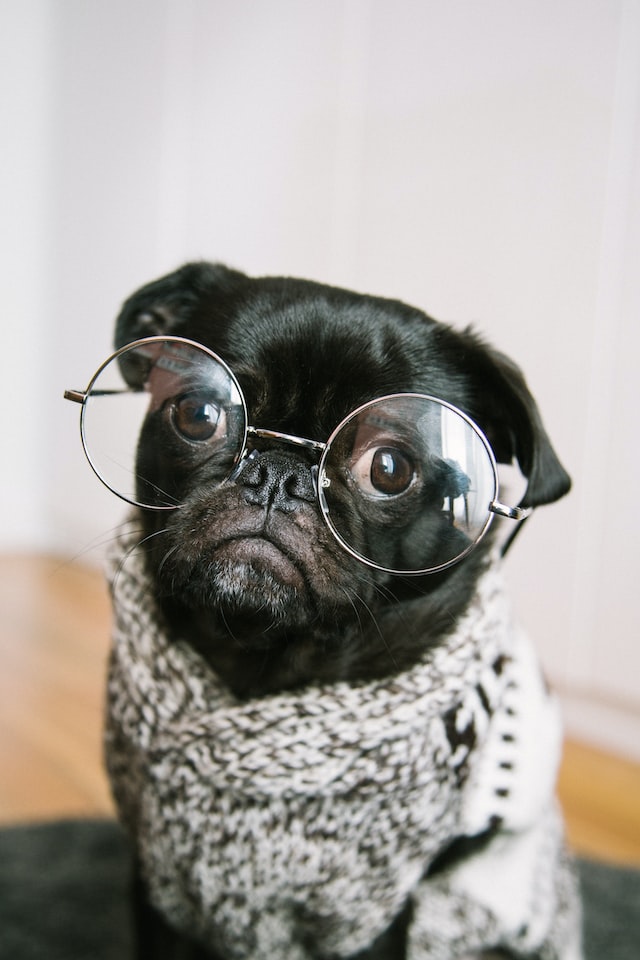Congenital Problems in Dogs, What Can You Do?
Something that has become a big problem, especially with unscrupulous breeders is congenital problems. There are a variety of illnesses that can come from irresponsible breeding so I thought that I would write an article to help you to avoid this problem with your future dog, or if you plan on breeding dogs. Of course the best time to prevent congenital problems is even before the breeding begins, but what should you do if your dog was born with one of these health problems?
There are some options available to help you dog that was born with a defect. These range from surgery to correct some sort of structural problem to regulating it’s feeding, exercise and grooming to help control the disorder but by far the best way is to prevent them from happening in the first place.
While this is not an exhaustive list of options it does give you a few ways that you can stop congenital problems from happening in the first place.

First you should never breed unhealthy dogs.
If you have a stud and a bitch that are unhealthy then the odds are that you are going to end up with an unhealthy litter. Even if one of the dogs is in excellent health and the other is unhealthy, it is likely that the bad genes are going to be passed onto the litter. Some things to look out for are obvious birth defects or behavioural problems (although the later may have something to do with the owner and not be a breed problem at all) Also be aware of the dogs health support system overall as it may pass on something to the litter and may not be a good candidate for healthy breeding. You should also not take on a puppy with a health problem unless you are willing and able to give the care that they need on a regular basis. If you are able to do this then great, but it could be bad for the dog if you are unable or unwilling to take on that additional responsibility.

Make sure that you research the dog’s family history to check for any health disorders.
These could range from an overall unhealthy disposition to ear and eye problems or other issues that may be obvious when you do the family research. You should also make yourself aware of any temperament issues, although I tend to put these in another category, but it is an important thing to consider. Check both parents thoroughly for health problems and if they have already had litters make sure of the percentage of healthy dogs.

Close relatives should not be bred, such as siblings, parents, aunts and uncles. There are legal precedents to avoid this in humans, and for good reason. It is up to the breeder to do the responsible thing and not breed too close of relatives. Along the same lines you should not be breeding inbred dogs. Be especially careful of breeds that are popular within your area because inbreeding could be a problem.
There are a lot of other things that can be considered when choosing a new puppy or picking out dogs to breed but this short list should get you started. There are an inexhaustible amount of books available on this subject that will help you to be a responsible breeder and to avoid passing on defects that would be hard on the puppy.

